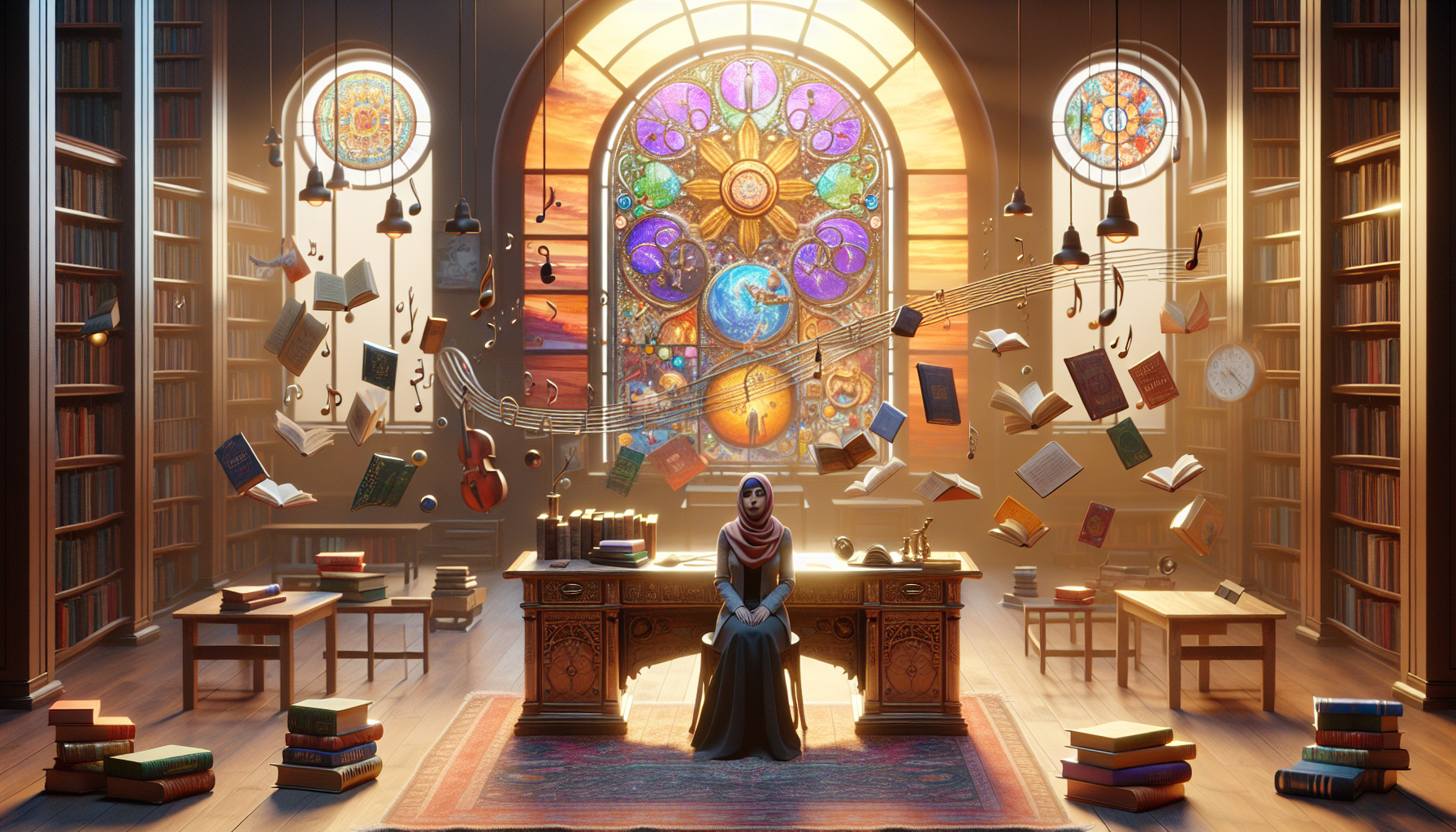
Introduction to Genre-Specific Notes
Genre-Specific Notes refer to the tailored documentation or annotations that focus on the unique elements and conventions of specific genres, whether literary, musical, cinematic, or otherwise. These notes not only provide insights into the defining attributes of a genre but also support deeper understanding and appreciation, promote analysis, and enhance creativity. This article explores the numerous benefits of adopting genre-specific notes in various contexts.
Enhancing Understanding and Interpretation
Deeper Insight into Genre Conventions
Each genre follows its own set of conventions and tropes, which genre-specific notes elucidate. For students and enthusiasts, understanding these conventions is crucial for interpreting works more accurately. For instance, knowing that a typical feature of the Gothic novel includes the use of dark, eerie settings enhances one’s understanding and expectations when reading or analyzing such a novel.
Clarifying Historical and Cultural Contexts
Genres often evolve in response to specific historical and cultural periods. Genre-specific notes can provide context that illuminates why certain themes or styles were prevalent at a particular time. For example, in film studies, notes explaining the origin of noir films in the context of post-World War II disillusionment can give viewers a richer appreciation of the genre’s bleak aesthetics and morally ambiguous characters.
Improving Educational Outcomes
Facilitating Curriculum Design
Educators can use genre-specific notes to craft more effective curricula by integrating targeted insights about genres into their lessons. This is particularly true in English literature and music education, where an understanding of different genres can significantly affect how content is taught and understood.
Enhancing Engagement and Retention
Genre-specific notes make learning more engaging by connecting theoretical knowledge with specific, tangible examples. This contextual application helps students remember and apply what they’ve learned more effectively. For example, when students recognize the characteristics of baroque music through specific notes, they are more likely to engage with and remember these features during listening exercises.
Aiding in Content Creation and Analysis
Guiding Aspiring Artists and Writers
For creators, understanding the nuances of genre can guide their development of content that resonates with audiences. Genre-specific notes serve as a framework or checklist that ensures elements appropriate to the genre are considered and included during the creative process.
Enriching Critical Analysis and Reviews
Critics and reviewers can use genre-specific notes to inform their evaluations of works. By grounding their critiques in the conventions and traditions of the genre, their analysis is not only more informed but also more resonant with informed readers or viewers. Such detailed reviews can significantly influence audience and critical perception, further shaping the success and interpretation of a work.
Professional Uses and Applications
Enhancing Publishing and Marketing Strategies
Publishers and marketers can deploy genre-specific notes to better position books, films, or music in crowded marketplaces. Understanding a genre’s audience and their expectations can help tailor marketing campaigns that speak directly to those potential consumers, improving sales and reception.
Supporting Library and Archival Organization
Librarians and archivists employ genre-specific notes in their cataloging and organizational practices to ensure users can find genre-related materials more efficiently. This systematic organization helps patrons, researchers, and casual readers alike navigate vast collections with ease, making the search and discovery process much smoother and more rewarding.
Conclusion
In summary, genre-specific notes are invaluable across multiple domains—academic, creative, commercial, and beyond. They enhance understanding, improve educational and professional outcomes, support content creation, and inform critical reviews. Whether for educational purposes, content creation, or professional utility, these notes provide critical insights into the unique trends and characteristics that define different genres. The advantages are clear, underscoring the importance of genre-specific notes in enriching both the production and consumption of genre-specific content.






